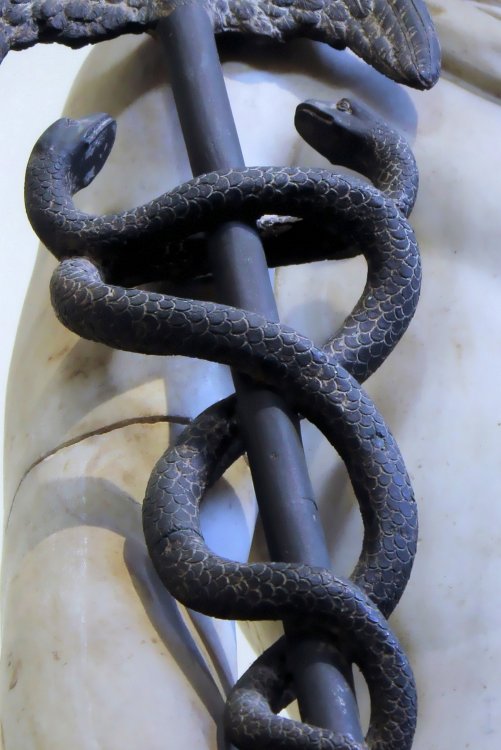27 August is celebrated in Iran as the Pharmacist Day: on this day, a prominent physician, alchemist, and philosopher Abu Bakr Muhammad al-Razi was born in Ray near Tehran.
“Not only reading is that which educates, but the ability to apply what has been read and the awareness of the truth to individual cases,” wrote the Persian sage Abu Bakr. He confirmed his words with actions, practicing all the sciences that he studied. The results of his work include the vaccine against smallpox, cataract removal, the creation of surgical instruments, the implementation of medical history, carefully explained chemical reactions, philosophical teachings, and much more. In Europe al-Razi is known as Rhazes.
His homeland was considered the scientific and cultural center of Persia even before Rhazes glorified it with his discoveries. His primary education was at home: the boy was taught by a well-educated father. Then the young man went on a journey through the cities: Khwarazm, Samarkand, Khujand, Ghazni. Not only did he see the world, but also accumulated new knowledge of philosophy, metaphysics, poetry, and alchemy.
At the age of 30 al-Razi sets off to Baghdad, where he studies medicine. He became a reputable doctor and opened clinics in Ray and Baghdad. He implemented many innovations in his hospitals: patient records, cotton wool bandages, surgical instruments, and catgut sutures – all his own inventions. He was one of the first to talk about the necessary specialization of doctors and implemented it in his clinic. He produced works on the construction of hospitals and a self-care guide for the poor. For personal convictions, he refused to take money for treatment from the poor and often helped them financially. The first Persian vaccine was also created by al-Razi: having worked with smallpox and measles for a long time, he concluded that it was not possible to contract them twice. He had an interest in allergies and was also the first to perform cataract surgery.
Throughout his life, al-Razi was interested in alchemy. He never stopped trying to turn ordinary stones into gems, and although over time the alchemists’ efforts turned out to be a mere fantasy, in the course of his work the scientist described many chemical devices and tried to classify all the substances known to him. Many chemical processes have been recorded thanks to Rhazes’ interest in chemistry: melting of bodies, decantation, filtration, delegation, distillation, sublimation, amalgamation, dissolution, and thickening. This was the beginning of acknowledging chemistry as a serious science in Islamic states.
As a philosopher, Rhazes developed the doctrine of five eternal principles: the creator, the soul, matter, time, and space. In his concept of life, the mind sent by the creator inspires the soul, captured by matter, with the desire for liberation. The path to freedom is the comprehension of philosophy. The sage believed in absolute space and absolute time, acknowledged the multiplicity of worlds and believed that objects consist of many articles – today’s atoms – with emptiness in-between. He drew inspiration from the works of the ancient Greeks, whose books he had read and loved very much.
Abu Bakr Muhammad al-Razi is the author of 184 works on philosophy, ethics, theology, logic, medicine, astronomy, physics, and alchemy, of which only 61 survived to this day. His works were translated into Latin and served as one of the reference points in the formation of European philosophy.
The article is based on open sources.
Фото на странице и на главной странице сайта: Anne Nygård / Фотобанк Unsplash






















